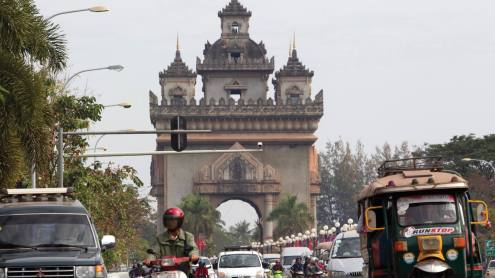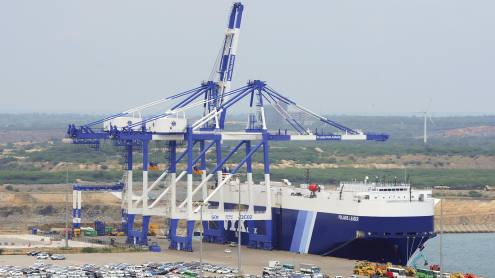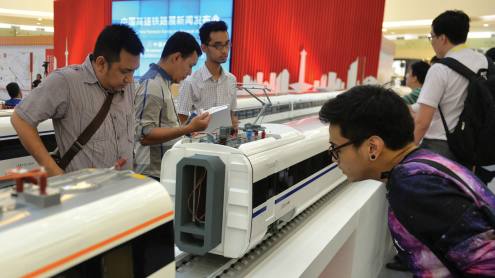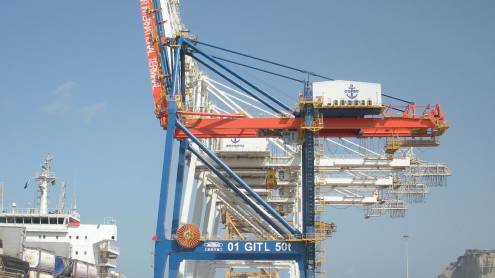China’s president, Xi Jinping, chose the Kazakh capital of Astana to announce his grand plan for a “new Silk Road” in September 2013. Nearly five years later, the investment push – now known as the Belt and Road Initiative (BRI) – has produced plenty of announcements, but not much new business for the central Asian nation.
According to the Kazakh government, the two countries have drafted 51 BRI projects totalling $27bn in the chemical, mining, infrastructure, energy and agriculture sectors to be carried out by Chinese investors in Kazakhstan between 2016 and 2022. Some projects envisage moving industrial enterprises from China to Kazakhstan, but so far few details of such relocations have been released.











